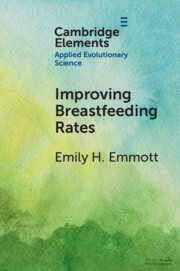This article examines the concept of moral enhancement from two different perspectives. The first is a bottom-up approach, which aims at identifying fundamental moral traits and subcapacities as targets for enhancement. The second perspective, a top-down approach, is holistic and in line with virtue ethics. Both perspectives lead to the observation that alterations of material and social conditions are the most reliable means to improve prosocial behavior overall.
Moral enhancement as a preventive measure invokes Gnostic narratives on the allegedly fallen status of human nature, its search for salvation, and the dependence of the laity on heteronomous salvific interventions. The allure of the preventive kind of enhancement is attributable to its religious hues.
Owing to the absence of clarity regarding moral enhancement and of metrics to evaluate its progress, humanity is at risk of prioritizing unclear and unsubstantiated measures of preventive diminishment at the expense of celebrating human capacities and joys.

